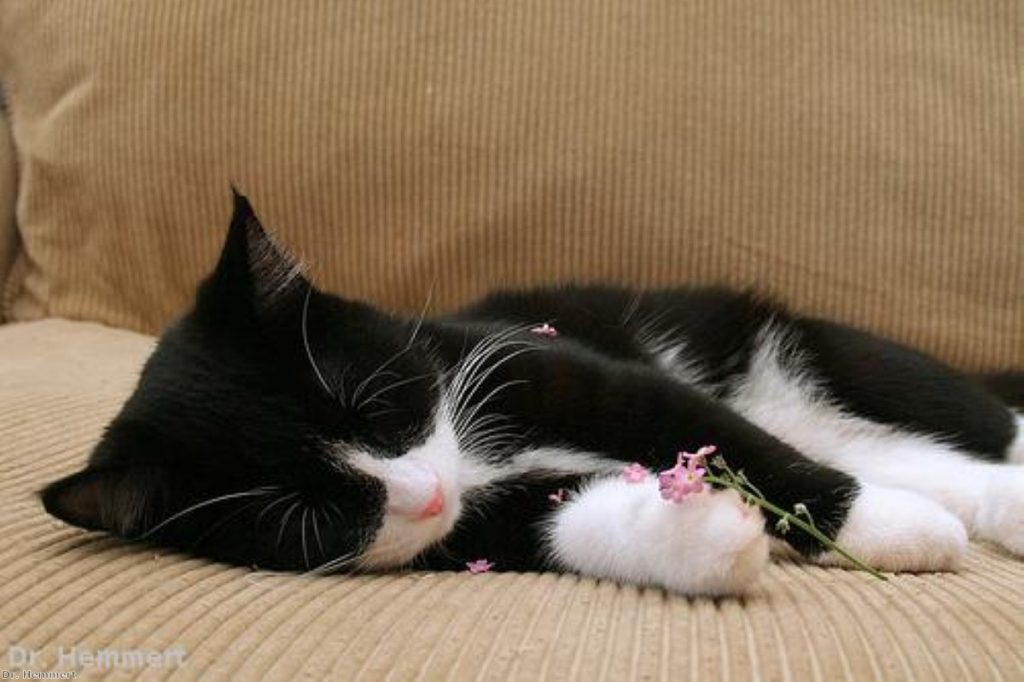The dead cat strategy: How Tories hope to win the next election
"Let us suppose you are losing an argument," Boris Johnson wrote earlier this year.
"The facts are overwhelmingly against you, and the more people focus on the reality the worse it is for you and your case.
"Your best bet in these circumstances is to perform a manoeuvre that a great campaigner describes as 'throwing a dead cat on the table, mate'."
Going on to describe the manoeuvre he explains: "The key point, says my Australian friend, is that everyone will shout 'Jeez, mate, there’s a dead cat on the table!'; in other words they will be talking about the dead cat, the thing you want them to talk about, and they will not be talking about the issue that has been causing you so much grief."


Johnson's Australian friend is the Tories' campaign chief Lynton Crosby, and the "dead cat strategy" is exactly what we are beginning to see from the Conservative party in the run-up to 2015.
After two months in which Ed Miliband's focus on cost-of-living issues has dominated the political agenda, the Tories have finally managed to get us to talk about something else instead.
The first dead cat to be slung on the table was the alleged "vote-rigging" scandal surrounding Labour and Unite in Falkirk.
For weeks on end, the Conservatives did everything they could to get us to look at this rotting feline, but to little effect. No amount of press releases or complaints to the BBC could get us to do more than glance at the corpse. There was just something about problems with Labour's internal selection procedures that failed to capture our imagination.
But as dead cats go, the Paul Flowers scandal is far more diverting. This really is a dead cat worth looking at.
The links between Flowers and the Labour leadership are at best tenuous. The suggestion that Miliband has any implication in the scandal personally have failed to stand up.
But it doesn't matter. Instead of talking about cost-of-living issues we're talking about a methodist and his alleged meth habits. Instead of talking about rising energy bills, we're talking about rising cocaine bills. This dead cat has legs, even if it can no longer use them.
The strategy is obviously cynical. It is also effective. Labour's Ken Livingstone believes it was exactly this strategy that lost him the 2012 London mayoral election.
At the turn of the year, Livingstone's pledges to cut fares had begun to make traction and he was ahead in the polls.
After many years of inflation-busting rises, Johnson was beginning to lose the argument and even the election. Crosby's reaction? Sling a dead cat on the table.
Claims that Livingstone had avoided taxes through the use of a service company were timed quite deliberately to distract Labour from their election campaign.
Knowledge of his tax arrangements had been known for some time, but were held back for the right moment, sources close to Johnson's campaign have admitted to me.
Instead of talking about fares, Livingstone was forced to talk about taxes. His failure to close down the issue quickly, completely disrupted the political agenda and arguably lost what in the end was a close election. The dead cat had done it's job and it had done so just in the nick of time.
Polling consistently shows the Conservative party behind on "understanding the concerns of people like me." When Labour are able to talk about those concerns they nudge ahead. When they aren't, they fall behind.
Labour can expect to see plenty more dead cats thrown on the table over the next year and a half.









